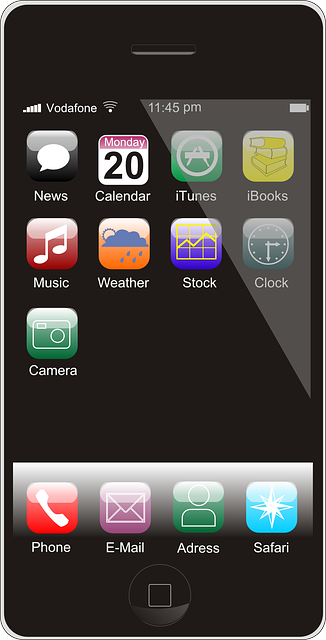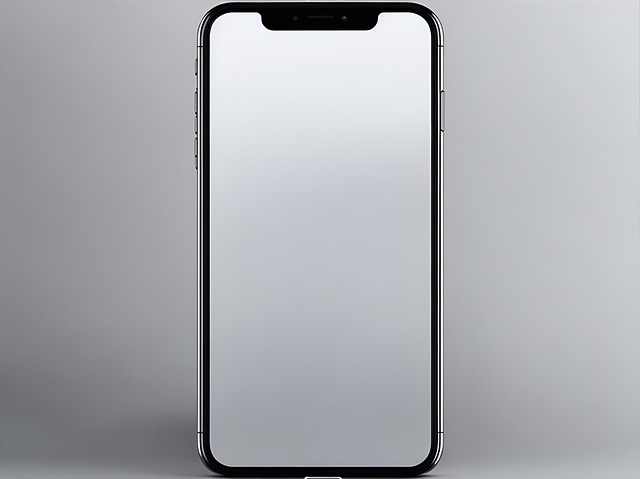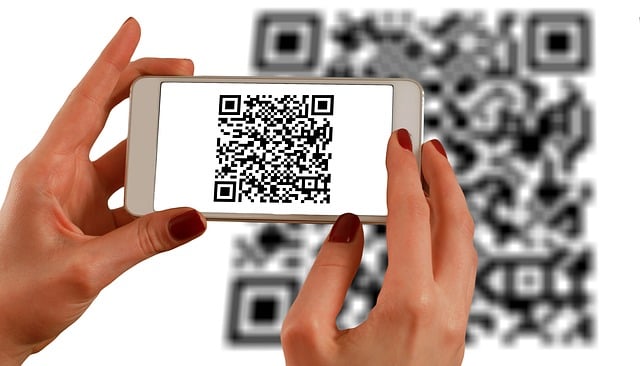In South Carolina, Caller ID technology has evolved to enhance consumer privacy. Starting from simple numeric displays, it now shows names and details through database integration and improved networks. Residents can manage their privacy by registering on "Do Not Call" lists for law firms and attorneys, blocking unsolicited legal inquiries. By utilizing these tools, South Carolinians can foster a peaceful communication environment free from unwanted legal telemarketing. The state's strict "do-not-call" regulations protect consumers from unsolicited calls, with registration in the Do Not Call Registry preventing commercial calls. Specialized law firms offer assistance to residents facing unwanted calls, while caller ID blocking apps and VoIP services provide additional privacy measures.
Understanding how Caller ID works is essential for South Carolina consumers navigating the digital age. This article delves into the evolution of caller ID technology and its implications on residents across the Palmetto State. We explore how caller ID impacts consumer behavior and privacy, examining the effectiveness of Do Not Call lists in SC. Additionally, we discuss legal protections for unwanted calls and provide tools and tips to enhance privacy. For those seeking guidance, this resource offers valuable insights from a Do not call lawyer SC and do not call attorneys SC to ensure your rights are protected.
The Evolution of Caller ID Technology
The concept of Caller ID has evolved significantly since its introduction in the 1980s. Initially, this technology allowed phone users to identify incoming calls, displaying the caller’s phone number on a screen. Over time, it advanced from simple numeric displays to showing names and additional details, thanks to database integration and improved communication networks. This development is particularly relevant for South Carolina consumers, as it empowers them to manage their privacy and avoid unwanted calls.
In today’s digital age, the rise of “Do Not Call” registries and laws in South Carolina has further emphasized the importance of Caller ID technology. Consumers can now easily identify and block calls from law firms or attorneys attempting to promote their services through telemarketing. By using the available tools, South Carolina residents can register their numbers on Do Not Call lists and utilize Caller ID features to filter out these unsolicited legal inquiries, ensuring a more peaceful and private communication environment.
How Does Caller ID Impact South Carolina Consumers?
In South Carolina, as in many states, Caller ID has become an integral part of daily communication, providing individuals with valuable information about incoming calls. This technology allows consumers to instantly identify the caller’s number and often includes a name associated with that phone line. For South Carolina residents, this feature offers both benefits and implications, especially when it comes to unwanted or unsolicited calls from law firms or attorneys.
With Caller ID, consumers can now easily identify and block potential “Do not call” violators, including lawyers and law firms in South Carolina. This is particularly advantageous for those who frequently receive spam calls from legal services pushing their advertising or attempting to solicit clients. The ability to quickly recognize and block these numbers using the Do Not Call feature on home phones, cell phones, or online contact lists empowers consumers to take control of their communication and reduce the number of unwanted interactions with legal professionals they have not requested or authorized.
Do Not Call Lists and Their Effectiveness in SC
In South Carolina, like many states, consumers have the option to enroll in Do Not Call lists to reduce unwanted telemarketing calls. These lists are managed by both state and national registries, with specific regulations governing who can make calls and when. Enrolling in these lists is a powerful tool for residents of SC looking to curb intrusive phone marketing. When a consumer registers their number on the Do Not Call list, it immediately becomes illegal for any telemarketer or law firm operating within South Carolina to initiate automated or prerecorded calls to that number.
While the effectiveness of Do Not Call lists varies based on enforcement and individual compliance, they serve as a crucial defense against unwanted legal marketing efforts by do not call lawyer SC, do not call attorneys SC, and do not call law firms South Carolina. By blocking these calls, consumers gain control over their communication preferences, ensuring that their personal time and peace are respected. This is especially beneficial for those seeking a lawyer for Do Not Call issues in South Carolina, as it provides a layer of protection against potentially harassing phone calls from legal services providers.
Legal Aspects: Protecting Consumer Rights from Unwanted Calls
In South Carolina, as in many states across the US, there are stringent laws in place to protect consumers from unwanted phone calls, often referred to as “do-not-call” regulations. These laws give individuals the right to opt-out of receiving telemarketing or sales calls at their residential or mobile numbers. Violating these rules can lead to legal repercussions for call centers and businesses. Consumers who feel their rights have been infringed upon by unwanted calls can file complaints with state authorities or seek legal counsel from a do not call lawyer SC or do not call attorney SC.
The Do Not Call Registry in South Carolina is a crucial aspect of these protections, allowing residents to register their numbers and prevent most commercial calls. Businesses that ignore this registry or continue making unsolicited calls face potential fines. A consumer facing persistent unwanted calls may consider consulting a lawyer specializing in do not call law firms South Carolina to understand their rights and explore legal options against the offending parties.
Enhancing Privacy: Tools and Tips for South Carolina Residents
Enhancing Privacy: Tools and Tips for South Carolina Residents
South Carolina residents can take several steps to protect their privacy when it comes to caller ID information. One effective measure is utilizing do-not-call lists, which are available both through state and national registries. By registering with services like the National Do Not Call Registry or specific “do not call” listings for South Carolina, individuals can restrict unwanted calls from telemarketers and solicitors. This simple step ensures that personal phone numbers remain private and reduce the influx of unsolicited calls.
Additionally, installing caller ID blocking apps or utilizing built-in smartphone features offers enhanced privacy protection. These tools allow users to block specific numbers, preventing them from displaying on the screen. For those concerned about anonymous or suspicious calls, considering a voice over IP (VoIP) service can provide more control over incoming calls’ visibility. By using VoIP, individuals can choose whether to display their number or remain anonymous, thus adding an extra layer of privacy for South Carolina consumers.






